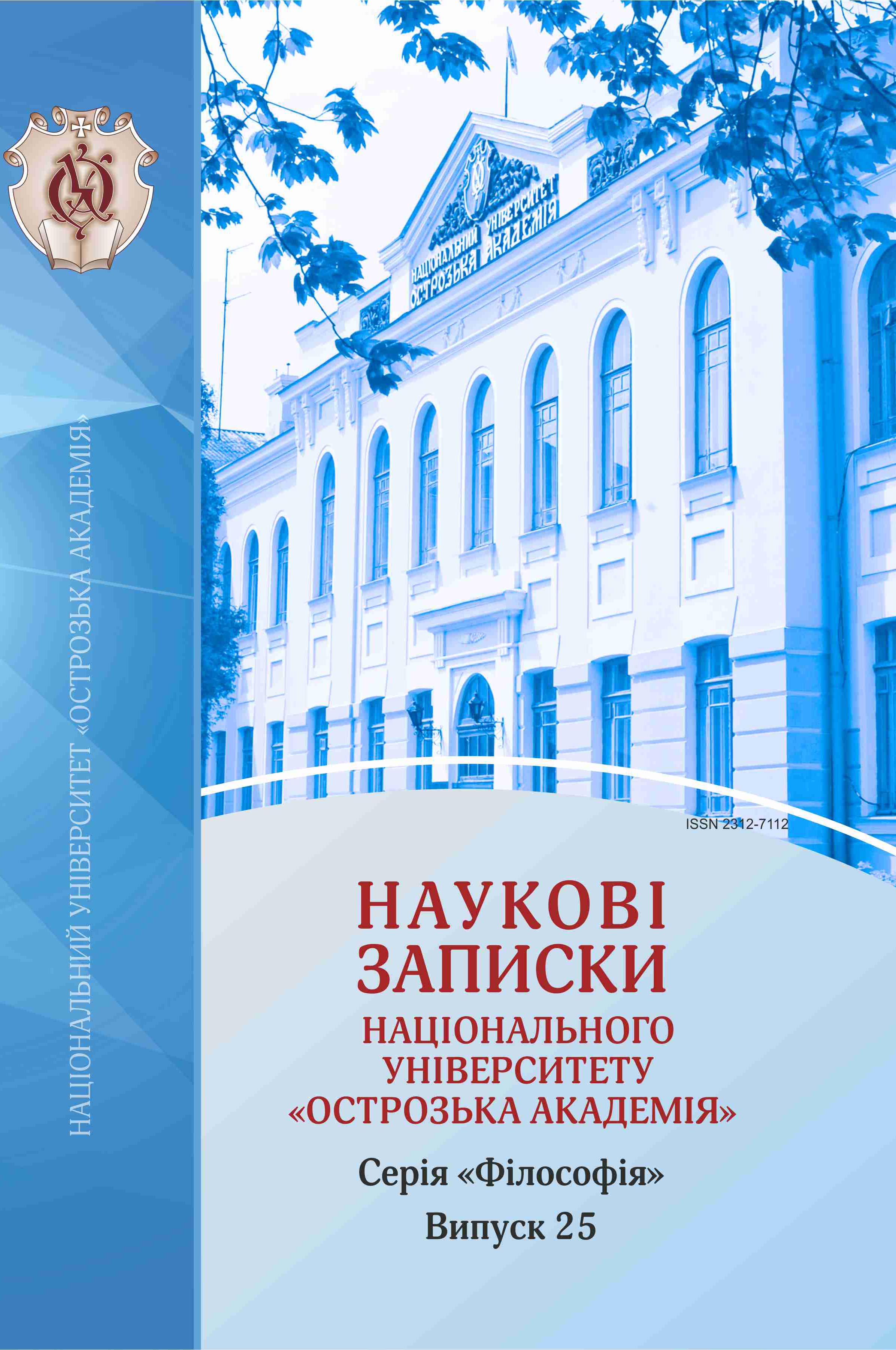IS BENEDICT ANDERSON A CONSTRUCTIVIST: TO THE QUESTION ABOUT NATIONS AS “AS IMAGINED COMMUNITY”
Keywords:
Benedict Anderson, imagined communities, nations, constructivism, essentialism, primordialism, Eric HobsbawmAbstract
Constructivists in theoretical investigations are considered as researchers who adopt positions of artificiality and unnaturalness in creating social objects. Benedict Anderson, with his famous work “Imagined Communities,” seems to automatically fall into their ranks, as the very title suggests the artificiality of nations created through imagination. However, despite the prevalence of such an understanding of the concept of “constructivism,” the author attempts to look somewhat differently at the “creation” of nations by Anderson.
Firstly, nations, as well as other historical communities are not “natural”, because they are historical, arise up and disappear together with time. And more main all, communities are the product of human practice, exactly in this sense they are constructed. Thus, calling in questions the constructivism of Benedict Anderson, an author of article tries to explain, as far as him research position yet or already not structural.
The author analyses “constructivism” component determinations of nation by Benedict Anderson, as a limited and sovereign, and imagined community, analyses how the height of human population compels people to unite by means of imagination, why national languages, national myths and history are created, how they construct national community, what are role by territories and state is in this process.
It is needed to mark that for Anderson imaginary are other historical community too that differ in except other factors by the style of imagination too. Nation is the real only as it is correlated with the modern territorial state and, with nationalism that presents her. Given that, from the philosopher's point of view, it is nationalism that gives rise to the nation, Andersen can be added to constructivism without reservation.
Anderson's nations have “natural” features inherited from previous communities, primarily religions. The idea of the nation followed the motives of brotherhood and service to sacred values, which gives human life a transcendent meaning – belonging to unity. Because of belonging to the nation and only through it, a person felt the belonging of historical existence. Nationalist discourse idealizes the nation and sanctifies the state, its people are considered as the chosen people.
Anderson betrays constructivism when he claims that nationalism gives rise to collective solidarity of a special force, which is embedded in the very nature of national identity. Nationalism acts as a kind of religion of modern society, which promises a person immortality in the eternal existence of the nation to which he considers himself in his imagination. And in the opinion of the author of the article, one cannot be considered a constructivist who considers certain entities to be eternal.

